The fight to protect student journalists from censorship

The 1969 court case Tinker v. Des Moines ruled that students do not “shed their constitutional rights to freedom of speech or expression at the schoolhouse gate.” Twenty years later, the case Hazelwood School District v. Kuhlmeier ruled public school administrators could censor certain published articles in school newspapers. These two cases and the conflict between the rulings created a dilemma for student journalists for decades to come. Hazelwood School District v. Kuhlmeier turned back two decades of law that gave student journalists the right to publish freely. When I publish my name in my high school’s newspaper, The Pel Mel, I must constantly manage what I write so that it is not subjected to censorship since any school official can tell high school editors, advisors, or reporters to take down or censor articles they publish.
This year at the Pel Mel, I am working as the editorial page editor, which entails publishing some controversial opinions. I have had instances where reporters come to me concerned that school officials would not approve of their articles. Although the high school’s administration is generally supportive of the paper, this fear of censorship and disapproval by administrators is unacceptable, especially when “professional” journalists publish similar pieces every day with little repercussion.
Adult journalists are consistently publishing articles that expose and discuss major issues and highlight corruption. Why stop students from doing the same? If a school newspaper publishes an article about an LGBTQ+ rally or event, there is a possibility of the story being censored because of the topic of the article. Yet, the New York Times, the Washington Post, and our very own Pelham Examiner get the privilege of publishing the same exact story with no fear of censorship.
Any journalist—student or adult—is subjected to the same code of ethics and standards in the journalism world. These ethics and standards are taught in journalism classrooms every day, and yet students’ writing is still subjected to editing and censorship so that it is favorable to a school or administration.
Last November, Katina Paron, a journalism professor at Hunter College and a leader in the New York New Voices group, reached out to the Pelham Examiner looking for students who write for The Pel Mel to help advocate for the Student Journalists Free Speech Bill. Paron was referred to me, and I jumped at the offer to help.
The Student Journalists Free Speech Bill would protect the speech of students in educational institutions except for in instances of libelous speech, invasions of privacy, or encouraging a student to commit an unlawful act or violate school policies.
New Voices is a student-powered group within the Student Press Law Center that has been working across the country to get the New Voices Bill passed in many states. The New York New Voices group had their bill introduced to the New York State Senate and Assembly in January and February of 2021.
I was brought on board to get support from State Sen. Alessandra Biaggi and Assemblywoman Amy Paulin. I met with Paron, State Sen. Brian Kavanagh, Assemblywoman Donna Lupardo, and other student journalists from New York to prep for meetings with senators and assembly members.
Here is the problem though: Our elected officials are concerned that student journalists will not follow the rules, and that we will publish “fake news,” a term coined by the highest-ranking official in America to undermine journalists.
But what about when student journalists from Cupertino, California, published a series of stories on the xenophobic backlash against Asian students, or when students covered a Black Lives Matter protest in Austin, Texas, and the violent police response? How about when high school reporters in Georgia investigated and broke the news of a new school board member lying about having graduated from their school, as well as a campaign finance scandal? Or when I wrote the front-page story that chronicled the events of a rumored school shooting? Stories like these have to be shared and are proof that student journalists are more than students. We are journalists. With the protection we should be given by the First Amendment, we can be treated as such.
In February, I met with Biaggi’s chief of staff. About three weeks previous, I sat in my gym class sweating, not because it was gym class, but because I was attempting to schedule a meeting with Biaggi. I kept checking my schedule repeatedly to make sure I could line up this meeting with my lunch period. Simultaneously prepping for my midterms while also prepping for a meeting with my state senator was quite the experience.
As the meeting approached, I felt confident that I would win Biaggi’s sponsorship, but of course, the butterflies still got to me. So I went through my school day reviewing points in my head and trying to keep my eyes off the clock.
But once I finally met with Biaggi, it went as well as I could have hoped, and by the end, the chief of staff said she could almost guarantee Biaggi’s support. I received confirmation that Biaggi had signed her name during my computer app-design class, while also receiving texts of congratulations from fellow journalists from the New Voices group.
Of course, I am excited about receiving Biaggi’s support, but the Student Journalist Free Speech Act still has a long way to go before the governor signs it into law. As of the time I am writing this, the bill has been referred to the education committees in the state senate and assembly. If this bill does not get passed, how are students going to get reliable, unbiased news if student journalists have school administrations breathing down their necks?
For more information please check out https://www.newvoicesny.com/ and https://www.youtube.com/watch?v=rFK-fwzr3zA.
Gabby Ahitow is a senior at Pelham Memorial High School. She has been with the paper since it first started in 2018. Gabby has written for the Colonial...




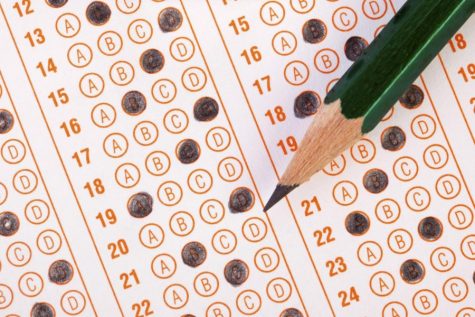
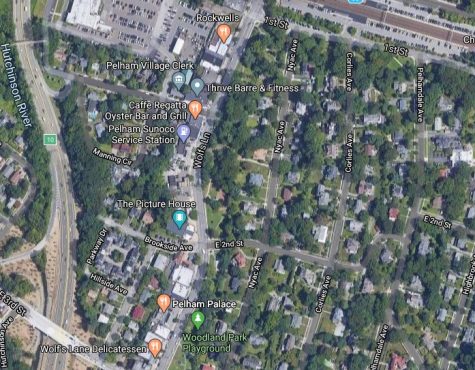

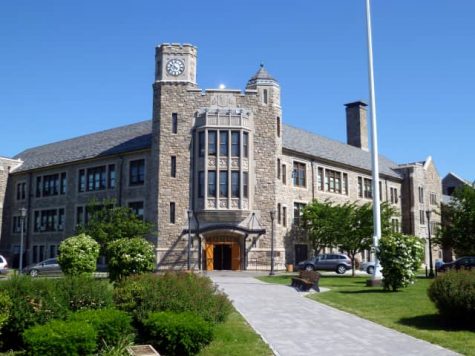
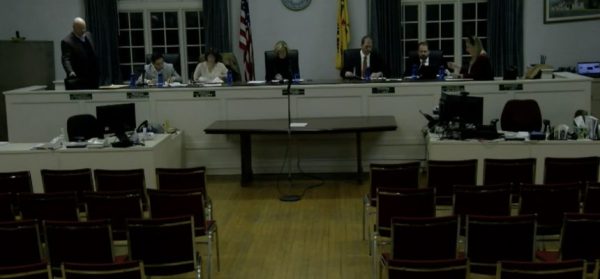
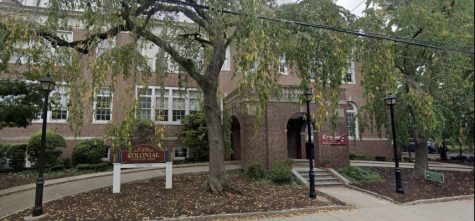

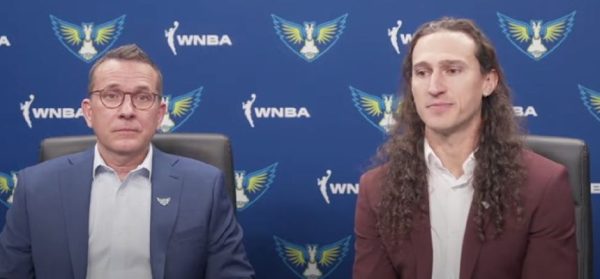

Amanda Jaskiewicz • May 5, 2022 at 8:20 am
Great piece Gabby. Let us know how we, the community, can help.
Shaun Breidbart • May 4, 2022 at 7:00 pm
Is it possible, if something is censored, to publish it verbatim in the Pelham Examiner with an explanation that it was banned from the school paper? That might prompt the censor(s) to explain their actions.
Donald Fried • May 4, 2022 at 6:38 pm
I couldn’t agree more. Student journalists should have the same freedoms and responsibilities and professional journalists. Period.
We have entered into a dangerous era where the flow of ideas and the act of telling truth to power are suspect activities instead of lauded and prioritized pursuits.
Now is the time to keep journalism free.
Tom Carroll • May 4, 2022 at 5:54 pm
Remember, that educators are acting “in loco parentis”.
Back in the early 70’s I wrote an article in my high school newspaper and it was edited to the point that it was virtually meaningless.
I was told by the vice principal, “High School is not a democracy. It’s a benevolent dictatorship.”
Stephen Dolan • May 4, 2022 at 2:40 pm
Fantastic piece here. Thank you for sharing.